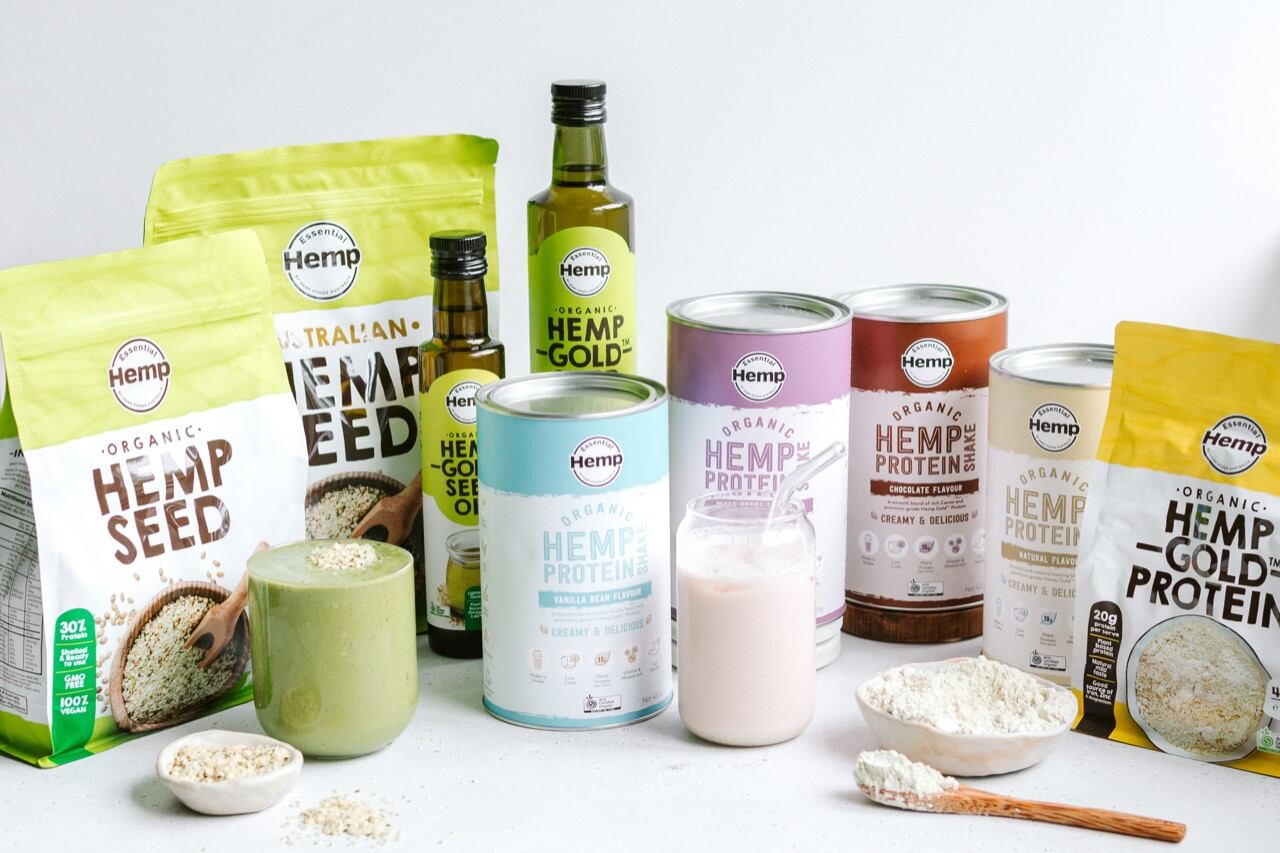The longstanding issue of unfair competition in the New Zealand food and grocery sector finally came to head in December last year, when the government announced a legislative bill to address trade challenges faced by food suppliers and manufacturers resulting from a retail duopoly held by the two major supermarket chains in the country, namely Foodstuffs and Countdown/Woolworths NZ.
These efforts were the triumphant results of a 12-year-long battle by the food and grocery sector spearheaded by the New Zealand Food and Grocery Council (NZFGC) and led by previous Chief Executive Katherine Rich.
Amongst the changes to be introduced are the establishment of a mandatory Grocery Code of Conduct in New Zealand as well as the appointment of a Grocery Commissioner to oversee all related disputes that came in under the purview of this code – this was recently announced to be industry veteran Pierre van Heerden, with executive roles at big food brands such as Sanitarium, Brancourts Dairy and Mojo Coffee under his belt.
“As a former long-time executive in the FMCG sector, [Pierre van Heerden] will bring a deep understanding of the sector to this vital role,” current NZFGC Chief Executive Raewyn Bleakley told FoodNavigator-Asia.
“This is crucial as the Commissioner role is a sensible, vital approach to make a meaningful difference and ensure necessary change to competition here in New Zealand, and encourage behaviour that shoppers and the sector so desperately want to see [by] holding supermarkets to account.
“So we really welcome this appointment, and believe that this is a momentous day for both the food and grocery sector as well as the wider retail environment.”
Despite the appointment, the actual Grocery Code of Conduct has not yet been released for review and the first version is expected to be fully developed by the government with some industry consult.
“What we do look forward to is for the Code being in place ahead of the [upcoming] New Zealand elections in October this year”, she added.
“We have said that we welcome having [New Zealand Minister of Commerce and Consumer Affairs Dr Duncan Webb] develop the first version of the code so that this would be introduced ‘expeditiously’.
“We also congratulate him for following through on both the establishment of a commissioner, as well as [delivering a new Act] and consulting on the draft Grocery Code of Conduct with such pace.
“The legislative process doesn’t always move this swiftly, and [this] shows just how serious the Government is about what’s been happening across the supermarket sector, both from a shopper and a supplier point of view.”
Must come back to Commerce Commission
In addition to having the code developed as swiftly as possible, NZFGC has also stressed that although the first draft can be developed by the government in the interest of speed, it is important that this eventually move back into the hands of the Commerce Commission in which the Grocery Commissioner sits.
“We still expect that this code will be administered by the Commerce Commission [where the Grocery Commissioner sits in] in the long term,” Bleakley said.
“This is because the Commission has a wealth of information at its fingertips on economic and competition regulation, fair trading, and consumer protection, as well as a deep understanding of the sector,”
“We do also [find it important to have] the minister consult before recommending a code, [so as to] to ensure that the code captures all the related parties of a regulated grocery retailer [as] all these points are vital [in this] giant step toward a better and fairer grocery sector that will benefit both consumers and suppliers.”





